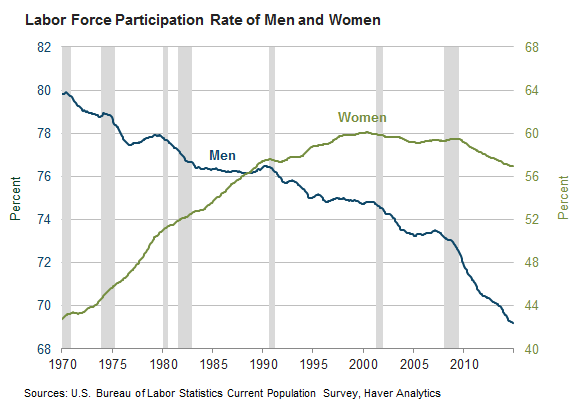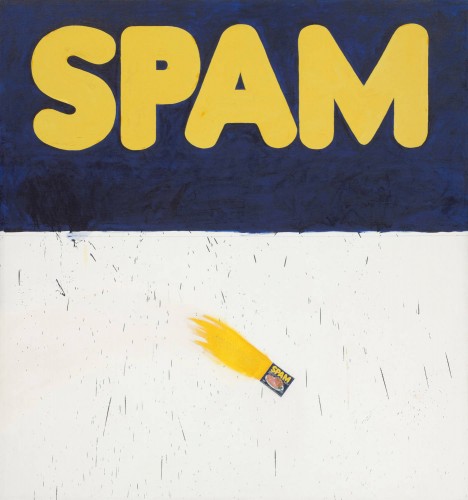Revisited: Talent vs. Culture in Hiring Philosophy
Let me be very, vet clear about this: If you only have time for one podcast in your life that podcast should be the HR Happy Hour Show. We are closing in fast on 250 shows in the HR Happy Hour archive, and Trish McFarlane and I have lots more great stuff to come this year and beyond.
But if you are like me (a little bit of a podcast nerd, admittedly), you like to mix up your podcast diet and sprinkle in some other choices. For me, one of the podcasts I almost always catch is the Bill Simmons podcast, which is probably 85% about sports, but mixes in enough other topics (pop culture, politics, tech and business), to make it a good listen even if you are not a massive sports fan.
Recently, Simmons did a show with Silicon Valley investor Chris Sacca, most well known for being an early investor and advisor to companies like Twitter and Uber. Prior to his pivot to investing in startups, Sacca was a relatively early employee of Google, (from about 2003 - 2007), helping the search giant build out its data center infrastructure.
In the podcast Sacca talks about life at Google and what makes Google so different as a company and a place to work. The most interesting part of the discussion starts at about the 13:30 mark, where Sacce talks about the hiring philosophy at Google, and why that was imporant. Have a listen, then some quick comments from me.
In case you didn't catch the key comment, I will repeat it here.
Sacca: 'One of the things they (Google) did that is kind of like an NBA team, is that they hired just for sheer capability, not necessarily for culture fit. And so they were just like 'If we get the smartest, most driven, ambitious people in the world all to work here and we will see what happens.
And so other teams were like 'Well, I don't know if this guy is going to work well with this other guy, you know a lot of raw talent but, if you look at Eric Schmidt and Larry and Sergey the owners and general managers, they said 'Let's just get the smartest people in the world here and then see what happens.'
In the podcast Sacca goes on a little more about what the focus on talent and raw capability above this idea of 'fit' meant for Google, but I think you can get the idea from the excerpt above.
Looking back through all the posts I have done on this topic over the years, I would say at least philosophically that I come down way towards the Google/Sacca point of view on this. I think raw talent, the ability to assemble enough of it at one time and in one place will have the most significant impact on organizational success, certainly when a company is smaller and growing.
Focusing solely on talent and ability may result in hiring a few bad apples, and Sacca admits as much in the podcast, but in the end whether its the NBA or a tech company, the team with the best talent almost always wins.
Have a great week, and make sure you check out the HR Happy Hour Show too!
 Culture,
Culture,  Talent Management tagged
Talent Management tagged  HR,
HR,  Recruiting,
Recruiting,  culture,
culture,  podcast,
podcast,  talent
talent  Email Article
Email Article 
 Print Article
Print Article 


